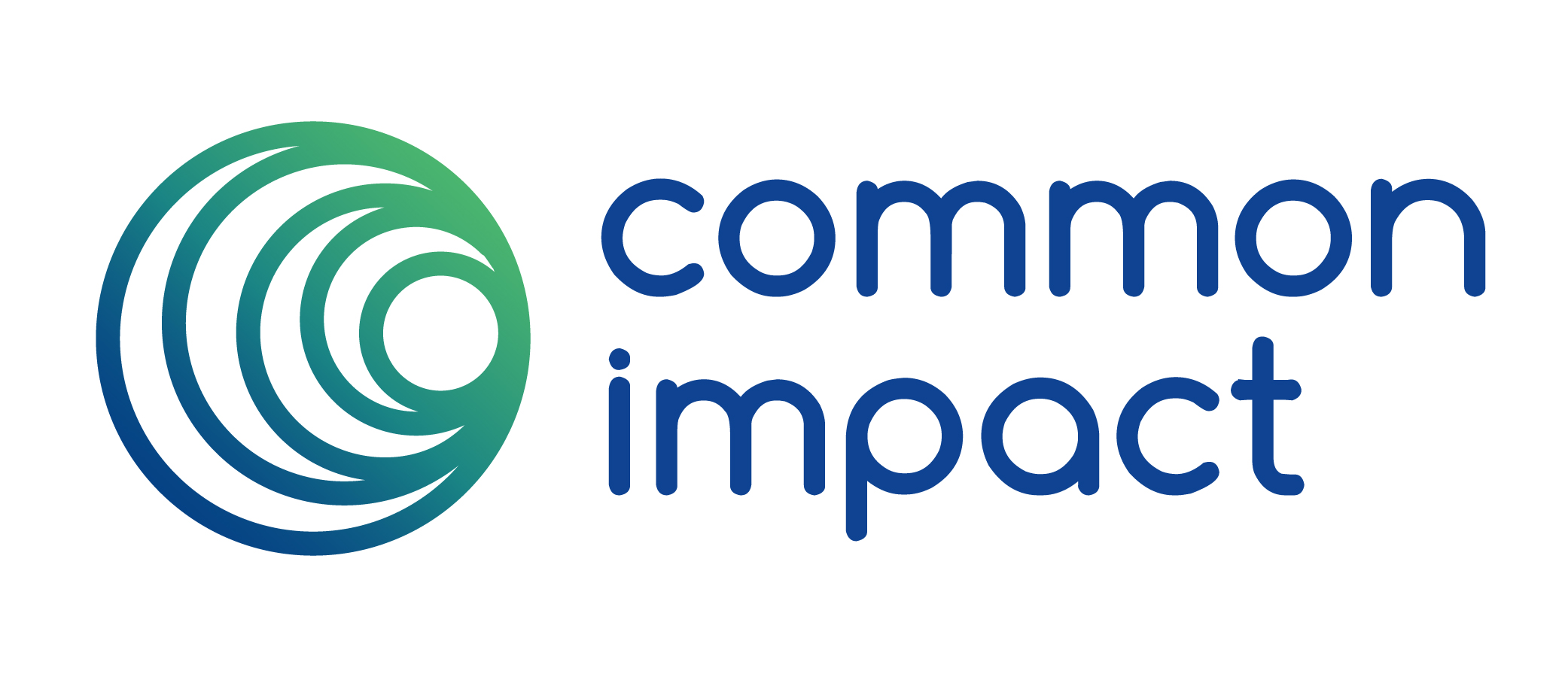Best Practices to Engage Harder to Reach Employees through Skills-Based Volunteering
by Jackie Hodgson

Best Practices to Engage Harder to Reach Employees through Skills-Based Volunte…
by Jackie Hodgson, Common Impact
At Common Impact, we know that skills-based volunteering is an effective employee engagement and talent development tool for all employees. Skills-based volunteering stretches employee’s current talents in a new environment, develops new skill sets including teamwork, navigating ambiguity, client focus, and much more. Recognizing these benefits may be more obvious for traditional employees, but we have found that skills-based volunteering can also be a powerful tactic to reach decentralized employees. Read on to learn more about how you can utilize skills-based volunteering to engage both remote and front-line employees.
Engaging a Remote Workforce with Skills-Based Volunteering:
The Corporate Opportunity: Employees have the opportunity to interact, and learn from, colleagues across the globe, stretching cultural competencies and broadening networks. Companies also benefit from having access to an expanded talent pool that surpasses geographic boundaries and, if done correctly, benefit from employees who are happier and more productive.
The Nonprofit Opportunity: Removing geographic boundaries enables nonprofits to benefit from a wider reach of corporate talent and expertise. These remote and global volunteers also expand a nonprofit’s potential donor and volunteer pool, as these employees share their work with their networks and spread greater awareness of the nonprofit’s mission.
The Challenge: In order to capitalize on these opportunities: employees must interact effectively and cultivate relationships with each other across cultures and over telecommunication; managers need to adequately supervise and support virtual employees, and cross-departmental teams need to work together across geographic boundaries.
Below are a few best practices to overcome these challenges and maximize the benefits of virtual skills-based volunteering:
- Local Presence: There is no replacement for an in-person, local connection. When possible, Common Impact has found it helpful to include at least one employee on the team that is local to the nonprofit community. This helps to cultivate a strong relationship and connection with the nonprofit, even if the rest of the team is virtual.
- Embracing Technology: Using technology to enhance team collaboration, relationship development, and connection to the nonprofit are key to a successful virtual engagement. In particular, we have found that reliable conference call services and screen/video sharing platforms such as GoToMeeting and GoToWebinar are helpful to support these technology needs.
- Support for Team Leads: Each Common Impact project is led by one corporate volunteer, dubbed the “team lead.” Managing virtual teams can be challenging for leaders of all skill levels – making this a compelling stretch opportunity for team leads. We have found it critical to have accessible support for the team leads intentionally built into the engagement, as it ensures project success while reinforcing leadership development.
Program Example:
JPMC’s Virtual Service Corps: In 2015, Common Impact and JPMC launched the Virtual Service Corps, an enterprise-wide skills-based volunteering program that enables employees to utilize their professional skills to build the capacity of nonprofit organizations across the country. The projects in this program are designed to be completely virtual, removing geographic limitations, meaning that JPMC’s nonprofit grantees across the country benefit from a wider reach of employee’s talents & expertise.
Engaging Front-Line Employees with Skills-Based Volunteering:
The Corporate Opportunity: Front-line employees, those in customer service roles and at call centers, often have high turnover due to the stress of their jobs. Engaging this group in skilled volunteering not only gives them an opportunity for talent development, but also makes them feel more connected to their colleagues, both of which can lead to better employee retention rates and increased workplace happiness.
The Nonprofit Opportunity: Front-line employees have incredibly relevant customer service skill sets that translate to nonprofit sector needs, including cultivating donor relationships and training nonprofit client-facing staff in customer service best practices.
The Challenge: These employees are often exempt, hourly employees, making them a challenging group to engage in volunteering and get manager approval to complete this work “on the clock.” Additionally, companies might not realize how this particular skill set can translate to a value-add for the nonprofit sector.
Below are a few best practices to overcome these challenges and maximize the benefits of utilizing skills-based volunteering to engage front-line employees:
- Flexible Program Design: Developing flexible skills-based volunteering programs that offer virtual participation and have low time commitment is crucial to engaging front line employees. The ability for employees to complete the work “off the clock” or in a short timeframe will increase the likelihood of participation and manager approval.
- Skills Translation to Nonprofit Need: Front-line employees, including front-line managers, have valuable customer service skills that translate to nonprofit needs. Communicating how these individual’s skill sets can support a nonprofit’s capacity building needs can help employees feel confident about participating in a skills-based volunteer project and their ability to make an impact.
Project Examples:
Boys and Girls Club Complaint Management Project: During Charles Schwab’s skills-based day of service, the Pro Bono Challenge, a team of Charles Schwab front-line employees developed a complaint management training for Boys and Girls Club Service Directors who frequently contend with disgruntled parents in challenging situations.
Junior Achievement Donor Recognition Strategy: At the Pro Bono Challenge in Denver, Charles Schwab customer service employees created a major donor recognition strategy for Junior Achievement (JA) – Rocky Mountain that featured creative ways that JA can acknowledge and celebrate their corporate donors in a way that resonates with them and elicits continued giving.

